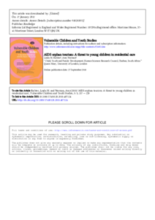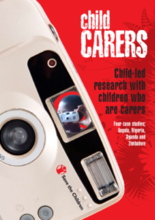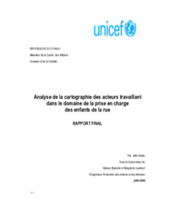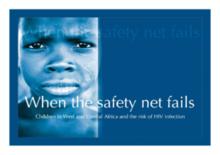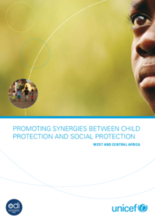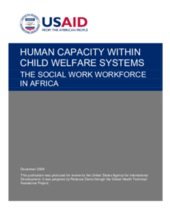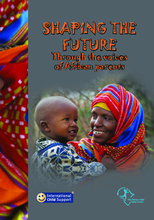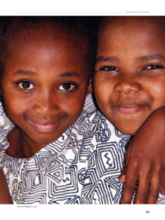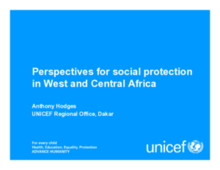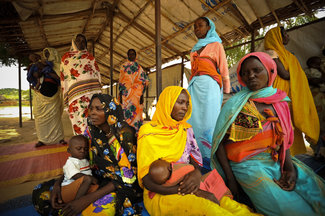

Displaying 61 - 70 of 102
This article reviews the current discourse on what is being called a crisis of care for children, as well as literature on out-of-home/family care and its adverse impacts on child development. The article also describes an emerging “AIDS orphan tourism” and highlights its negative impacts.
This is the summary report on the research phase of a project looking at the needs of child-carers in four African countries; Nigeria, Uganda, Angola and Zimbabwe. The research consisted of a literature review and participatory child-led research in one site in each of the four countries.
Collection of abstracts from conference presentations
Au Congo, le phénomène social des enfants de la rue existe depuis les années 80 et a connu une recrudescence à la suite des conflits armés des années 90. Il s’est aggravé en raison de l’affaiblissement de la capacité de prise en charge des familles, de leur paupérisation et de l’accroissement du nombre de familles monoparentales (décès, divorce), recomposées ou des unions hors mariage.
Study investigating the psychosocial impact of different high risk situations in West and Central Africa such as trafficking, ethnic cleansing, armed conflict or parental loss.
Focuses on children’s vulnerabilities and risks related to an absence of protection from violence, abuse and neglect, and the ways in which measures to address such vulnerabilities and risks can be more effectively integrated into social protection policy frameworks in the West and Central Africa region.
This document informs stakeholders about the opportunities for and constraints on building the social work workforce within the child welfare sector in Africa.
This publication documents real life stories of selected African parents, shedding light on the multifaceted challenges parents are faced with and the kind of support they need to bring about behavioral change and enhanced capacity.
Assessment of individual African government's performance in regards to child welfare.
Assesses constraints and opportunities for social protection programming regionally with particular consideration for child sensitive social protection.

